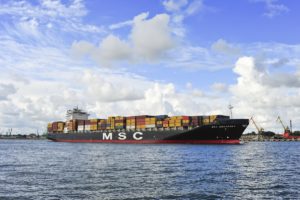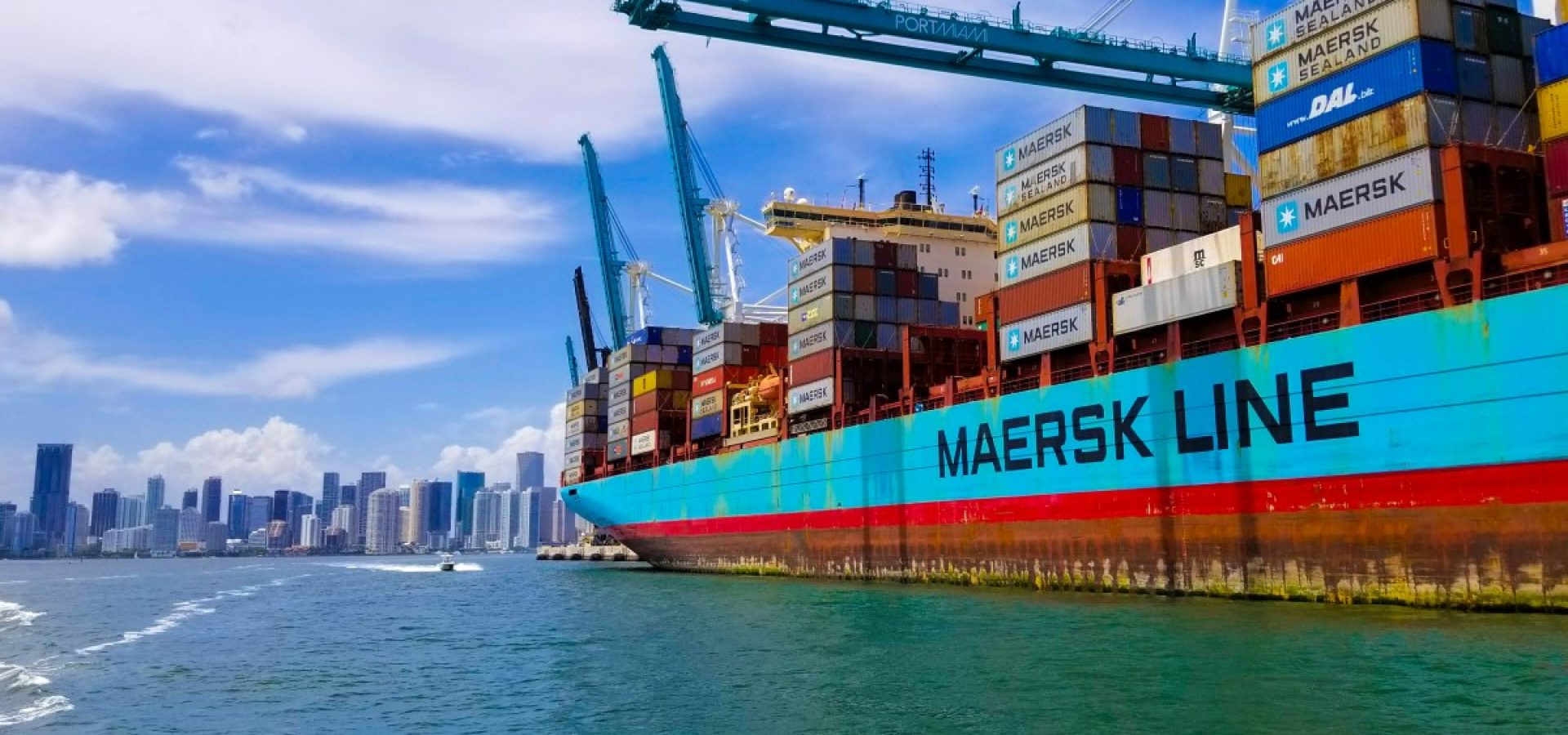Shipping companies are struggling to cope with the coronavirus outbreak, as they have to adapt to the new reality. Companies that carry goods from China are reducing the number of seaborne vessels to contain the spread of the virus. As a result, such a decision may disrupt global supply chains.
It is worth mentioning that about 80% of world goods trade by volume travels through the sea. Moreover, seven of the world’s ten busiest container ports are in China. Based on the information provided by the United Nations Conference on Trade and Development. South Korea and Singapore also operate mega ports.
China is the major manufacturing hub, and disruption will affect many industries as well as limit demand for containerized goods transport.
For example, cars, machinery, apparel, and most of the goods move from one place to another in containers. Thus, disruption to the industry could create problems not only for China but for the global economy in general.
Coronavirus outbreak is a severe challenge for the global economy. Chinese authorities-imposed travel restrictions and millions of people can’t live their cities
Carmaker Hyundai had to suspend the productions at its plants in South Korea due to a lack of parts. The current situation in China made it impossible to send parts from China to South Korea.
Shipping Companies and floating quarantine
Giant shipping companies such as Maersk, MSC Mediterranean Shipping, Hapag-Loyd, and CMA-CGM decided to reduce the number of seaborne vessels. As a result, a smaller number of vessels are traversing the oceans to and from China.
Some ships can’t enter the Chinese ports while others are stuck in dock. They are waiting for workers to repair the ships or to carry out other tasks.
Australia and Singapore refuse to allow the ships that are coming from the Chinese ports until crew members are declared virus-free. Consequently, some vessels function as “floating quarantined zones.”
Baltic and International Maritime Council (BIMCO) is the largest international shipping association representing shipowners. There are 1,900 members, including shipowners, operators, brokers, and agents. According to BIMCO, the demand is low or even worse there is no demand at all from Chinese buyers of coal, crude oil, etc.
Moreover, the logistics company Freightos warned its clients as it will take longer to fulfill their obligations. The company even recommended using other means of transportation. Usually, Lunar New Year creates the backlog of shipments. However, this time the situation is even more complicated due to the coronavirus.
Shipping companies must optimize their operations to limit the damage caused by the ongoing situation.









COMMENTS